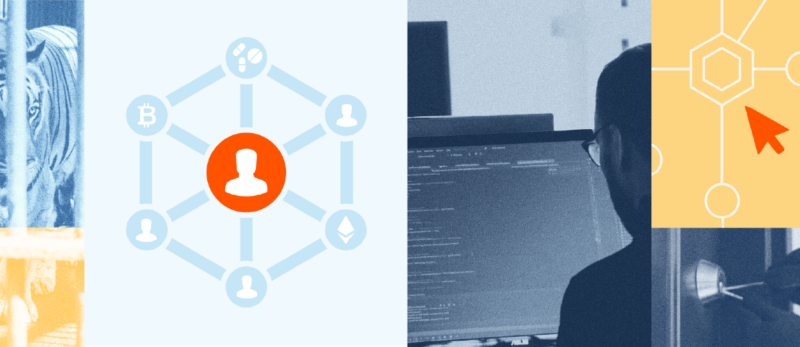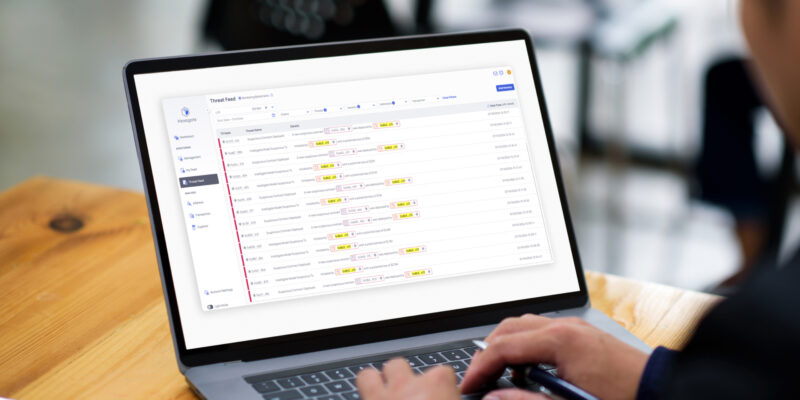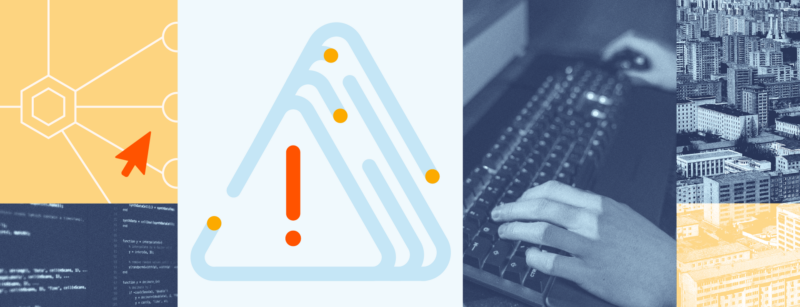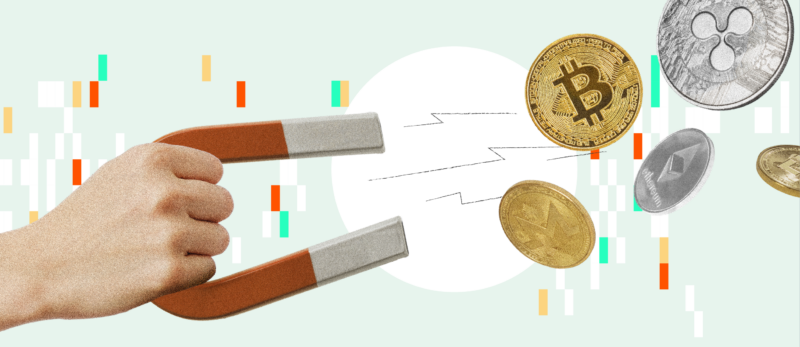North Korea

The Chainalysis 2025 Crypto Crime Report Preview (Part 2): Podcast Ep. 156
Darknet Markets, North Korean hackers, scams and ransomware. We cover it all in part 2 of our exclusive Crypto Crime…

Crypto’s Role in Global Sanctions and Trade: Podcast Ep. 154
Welcome to season 3 of the Public Key podcast! New Season, New Hosts, New Look. Have you heard terms like…

Preventing Large-Scale Crypto Hacks: Key Security Measures for Exchanges
Following the Bybit exchange hack on February 21, 2025, the cryptocurrency industry is once again reminded of the concrete consequences…

$2.2 Billion Stolen from Crypto Platforms in 2024, but Hacked Volumes Stagnate Toward Year-End as DPRK Slows Activity Post-July
Crypto hacking remains a persistent threat, with four years in the past decade individually seeing more than a billion dollars’…

The Response to North Korea’s Crypto Heists: Podcast Ep. 109
Episode 109 of the Public Key podcast is here and this is our “Live from Links” series, where we showcase…

Funds Stolen from Crypto Platforms Fall More Than 50% in 2023, but Hacking Remains a Significant Threat as Number of Incidents Rises
Over the last few years, cryptocurrency hacking has become a pervasive and formidable threat, leading to billions of dollars stolen…

2023 Crypto Year in Review: Podcast Ep. 88 – Kim Grauer
Episode 88 of the Public Key podcast is here and we are happy that you love the refreshed look. 2023…

U.S. Sanctions Crypto Mixer Sinbad.io for Role in North Korean Laundering Activities
The U.S. Treasury Department’s Office of Foreign Assets Control (OFAC) announced today that it has imposed sanctions on cryptocurrency mixer…

Russian and North Korean Cyberattack Infrastructure Converge: New Hacking Data Raises National Security Concerns
In the wake of a historic arms meeting between Kim Jung-un and Vladimir Putin, on-chain data reveals disturbing information: Democratic…

[UPDATED 12/1/23] South Korea Sanctions North Korea Hacking Group Kimsuky, Identifies Related Crypto Addresses. U.S. and Japan Follow Suit.
Update, 11/30/23: U.S. and Japan join South Korea in sanctioning Kimsuky On November 30, 2023, the United States’ Office of…

OFAC and South Korea’s Ministry of Foreign Affairs Sanction Entities Associated with North Korean Hacking and IT Worker Crypto Payment Schemes
On May 23, 2023, the U.S. Treasury’s Office of Foreign Assets Control (OFAC) and South Korea’s Ministry of Foreign Affairs…

The $80 Million Qubit Hack Likely the Work of North Korea-linked Cybercriminals
Qubit was a South Korea-based DeFi lending protocol built on the BNB chain. Qubit also ran an associated protocol, the…

DPRK Facilitators Charged and Sanctioned, Shedding Light on North Korean Crypto Money Laundering Processes
On April 24, 2023, the U.S. Department of the Treasury’s Office of Foreign Assets Control (OFAC) sanctioned three individuals operating…

2022 Biggest Year Ever For Crypto Hacking with $3.8 Billion Stolen, Primarily from DeFi Protocols and by North Korea-linked Attackers
2022 was the biggest year ever for crypto hacking, with $3.8 billion stolen from cryptocurrency businesses. Hacking activity ebbed and…

$30 Million Seized: How the Cryptocurrency Community Is Making It Difficult for North Korean Hackers To Profit
One of the most troubling trends in crypto crime right now is the stunning rise in funds stolen from DeFi…